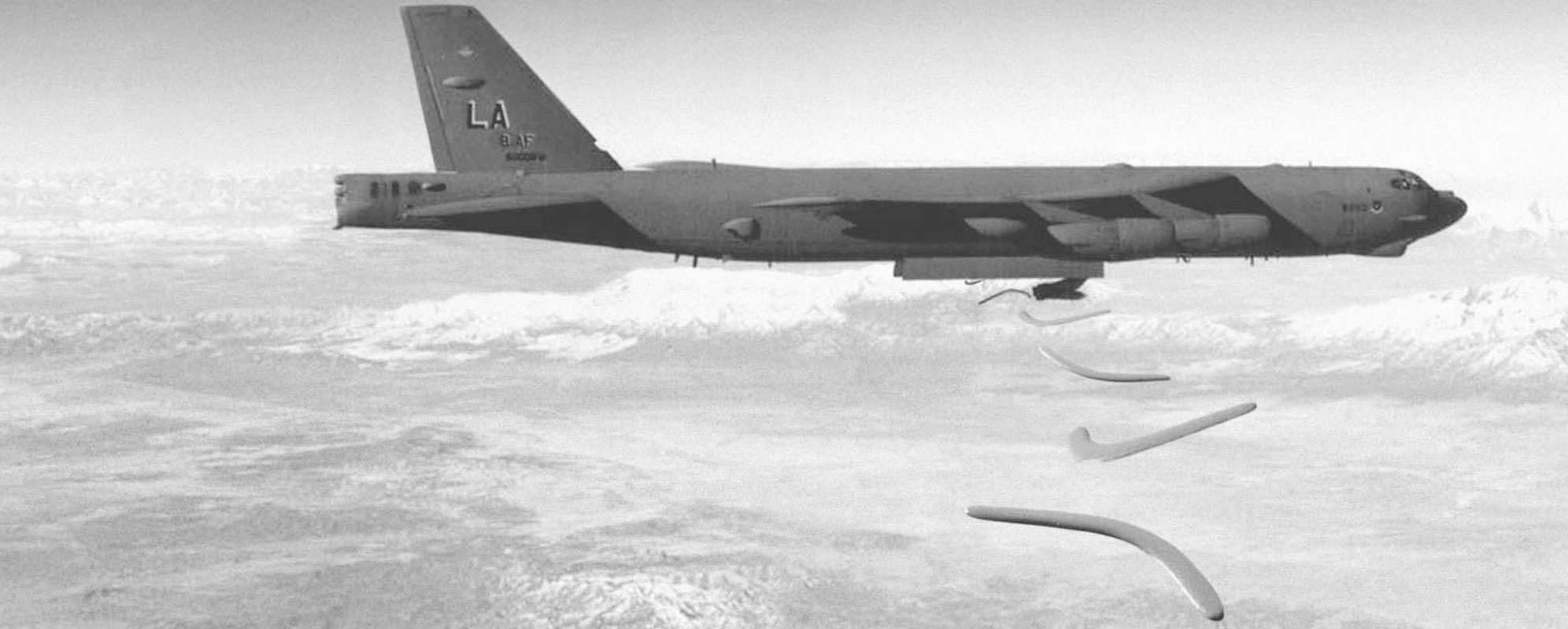
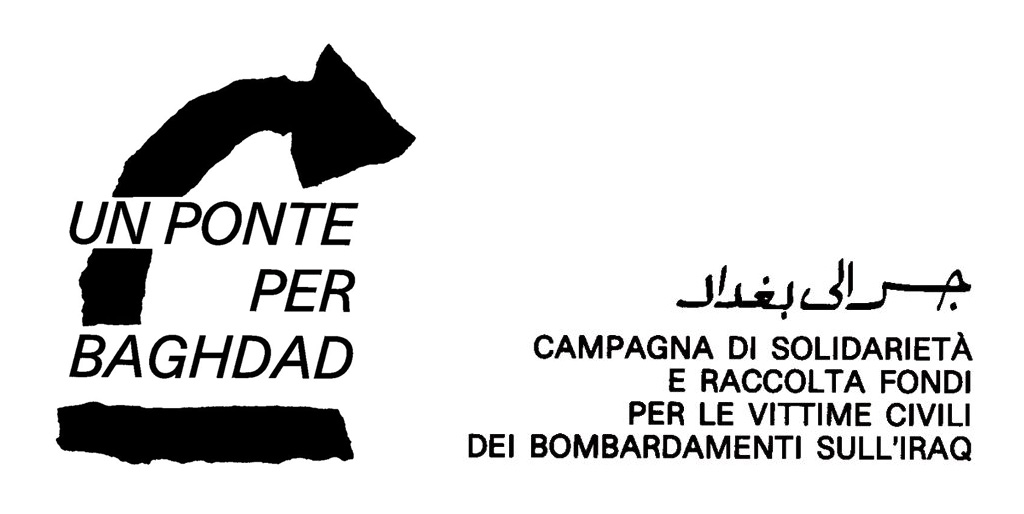
1991 - Un Ponte Per (UPP) was founded as a solidarity campaign for victims of the Gulf War, with the name “Un Ponte Per Baghdad” (“A bridge to Baghdad”). In the first year and a half, 250 million Lire were raised for medicines and the creation of a water purification plant for 50,000 people living in the south of the country.
1993 - Support for the Iraqi population continued with school materials distributed to 5,000 boys and girls, and funds were raised to rebuild the drinking water purification Centres in Bassora.
1994 - The international campaign “Silence kills. Embargo is war” was launched in condemnation of the embargo’s devastating impact on Iraq’s civilian population.
1994 - When UPP launched a new campaign – “Un Ponte Per Diyarbakir”, many volunteer delegations traveled to Turkey to defend the rights of the Kurds. These acts of solidarity continued for over 10 years, including UPP’s 2001 fund-raising campaign for the foundation of a Safe House for women and children in Dogubayazit.
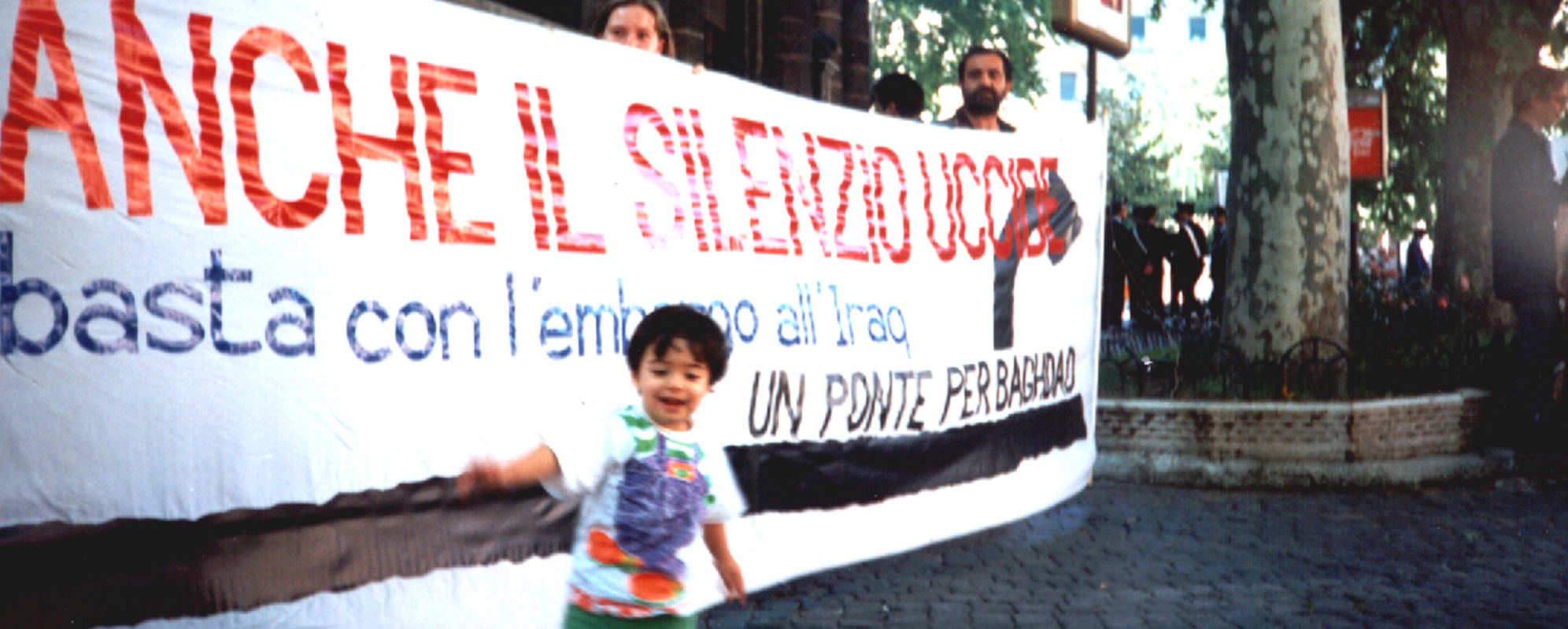
1995 - Another campaign - “Sinbad, with Bassora’s children” - funded a healthcare unit equipped for the treatment of more than 10,000 boys and girls every year. The “Nacbar” medical sponsorship project was launched, and is still active today under the name “Farah”.
1997 - Another bridge of solidarity was built with Palestinian men and women activists in Lebanon: “Un Ponte Per Shatila.” One of the initiatives was the “Family Happiness”, child sponsorship program which is still active today.
1998 - UPP organised 4 “Volunteer Human Shields for Peace in Iraq” delegations, made up of men and women activists, volunteers and journalists, all determined to stop the bombing campaigns.
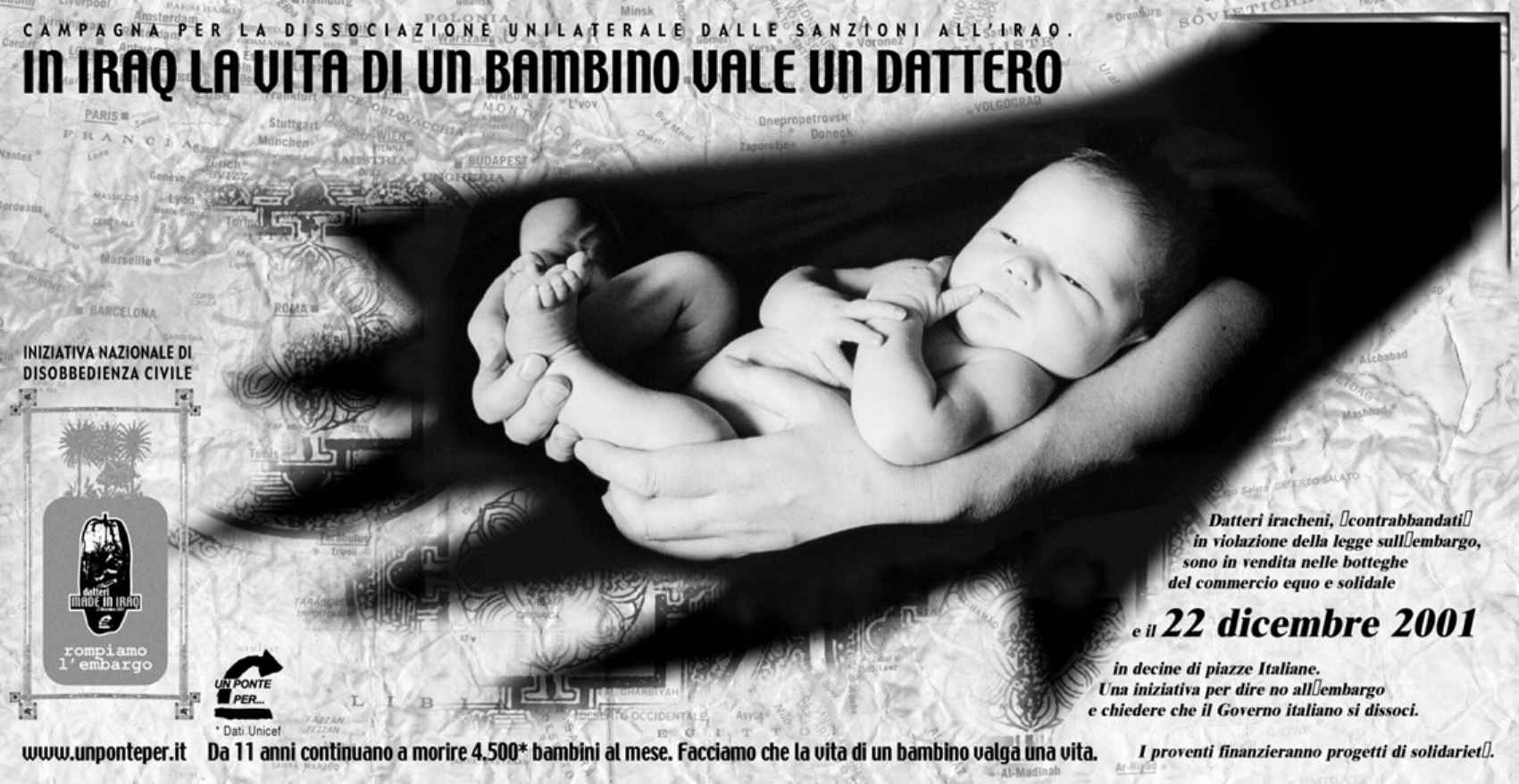
1999 - Another campaign was launched to limit the devastating effects of war in ex-Yugoslavia and the NATO bombardments. The “Un Ponte Per Belgrado” campaign endbled the establishment of healthcare structures and the provision of medicine and healthcare to more than 10,000 IDPs. The “Svetlost” child sponsorship project was launched, and is still active today.
2000 - UPP imported and distributed Iraqi dates in direct violation of the embargo imposed on the country. Italy’s first embargo violation, this was an important act of national civil disobedience and a key moment in the Association’s history, an approach which was to be repeated in the years to come.
2002 - UPP protests against the looming second Gulf War started with a series of awareness campaigns and initiatives: ranging from the “Don’t cut the cord” campaign, to a photography exhibition entitled “The other face of war”, as well as the fund-raising campaign “Is this war making you feel safer?”.
2004 - Baghdad hosts the foundation of “Occupation Watch”, an international information website tracking the impact of war in Iraq, which later became the Italian “Iraqi Observer” portal. The “Free Peace” campaign was launched following the kidnapping of 3 UPP workers - two young Italians and an Iraqi - and garnered great international solidarity.
2004 - UPP launches “The house of books”, a 12-year project in support of the Baghdad National Historical Archives, which were seriously damaged by fire in 2003. Buildings were rebuilt, books were restored and programs were set up for the digitalization of the library, including training courses for local staff.
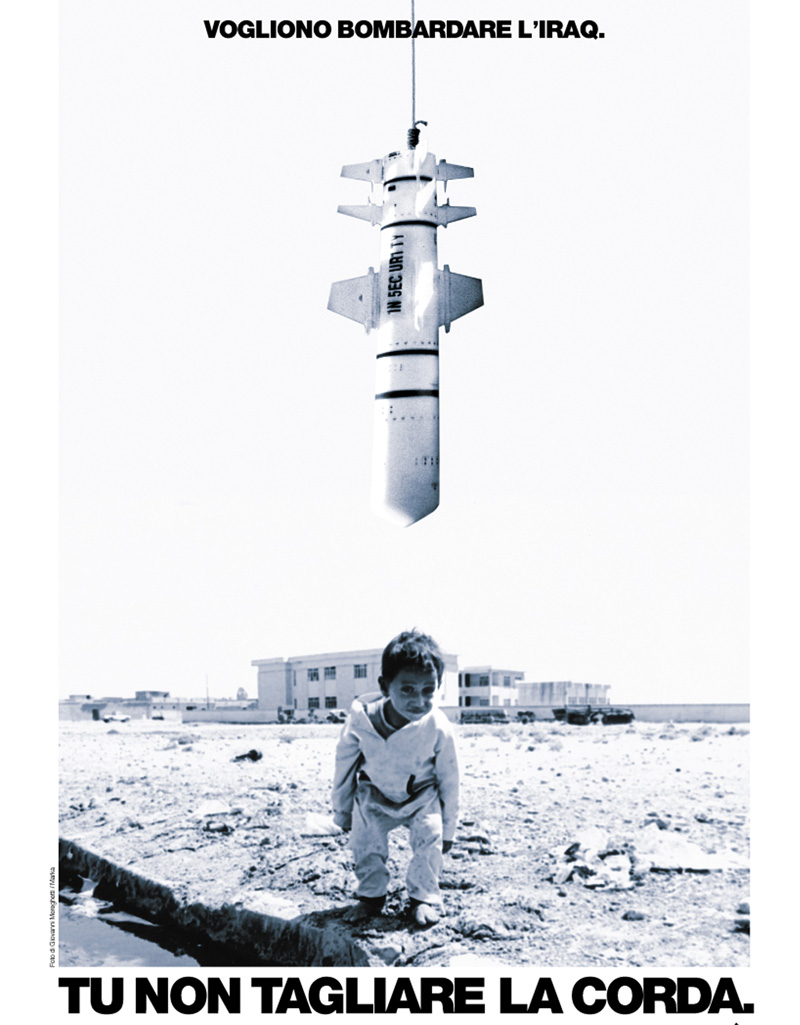
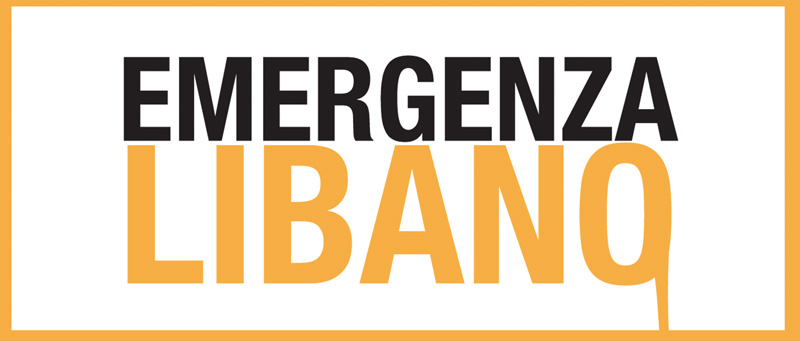
2006 - After the Israeli attacks on Lebanese and Palestinian civilians in Lebanon, UPP launched a campaign in response to the humanitarian crisis and organized distribution of basic necessities.
2006 - UPP worked with various Italian organizations to create opportunities for Civil Society Organizations from the north and south of the Mediterranean region, to promote peace, justice, human rights and democracy. For 3 years, groups of activists, organizations and Civil Society networks were able to exchange ideas thanks to the “Medlink - Mediterranean Links” project, designed to facilitate dialogue and encourage joint projects.
2009 - UPP’s dedication to supporting Iraqi Civil Society’s preferences, is marked by the foundation of the “Iraqi Civil Society Solidarity Initiative”, an international coalition which gives voice to Iraqi men and women activists for social justice.
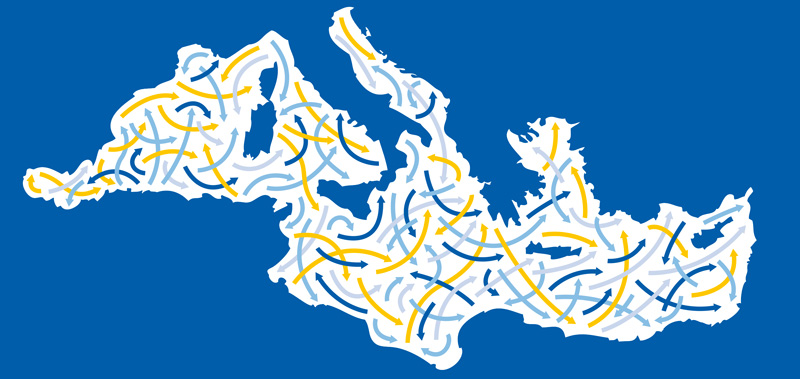
2011 - A new Program was launched in defence of Iraq’s religious minorities and to promote dialogue and coexistence. UPP rebuilt schools and organized educational programs. There was a three-year break during Daesh’s occupation of Mosul and the Nineveh Plain, where the association had been working for many years.
2012 - UPP began working in response to the biggest humanitarian crisis ever seen in the Middle East: the war in Syria. Programs were launched to ensure psychosocial assistance, protection of women and humanitarian relief distributions to Syrian refugeesin Iraq, Jordan and Lebanon.
2014 - After Daesh’s occupation of vast areas in Iraq, UPP helped to set up a humanitarian Relief Program for Iraqi IDPs. When some occupied areas were liberated in late 2017 and some IDP communities starting going home, the focus shifted to social cohesion and peacebuilding.
2015 - Another project was launched, this time known as “Un Ponte Per…Syria”. UPP managed to build strong links with the Kurdish Red Crescent (KRC) in the north-east of the country, and together set up a series of humanitarian relief and medicine distributions. In the years to come the program was expanded to help deal with the humanitarian crisis during the fight to liberate Raqqa from Daesh, with a network of clinics and ambulances. UPP continued working with partners in north-eastern Syria for the protection of women and children and to rebuild the health system, even after the fighting ended.